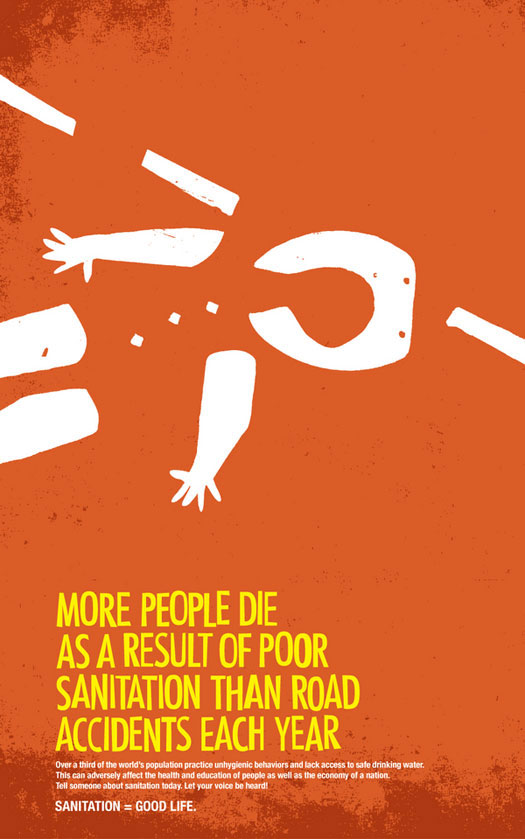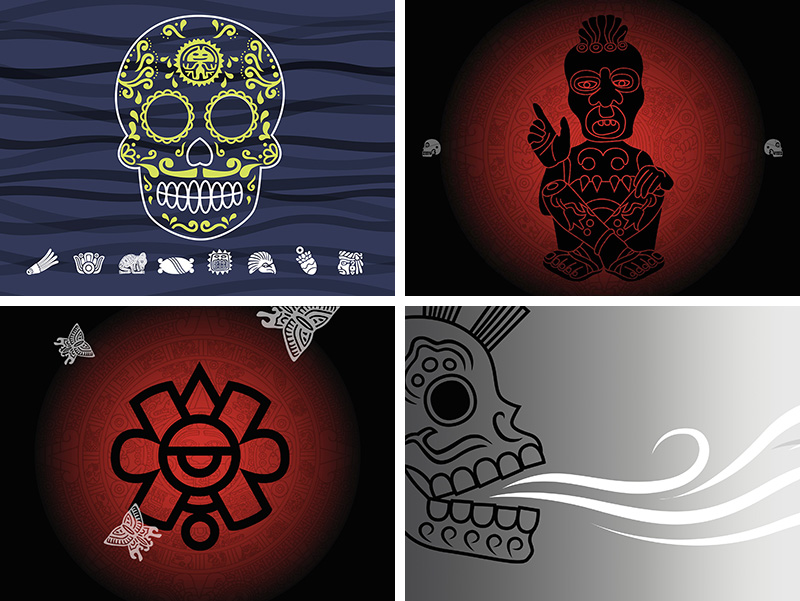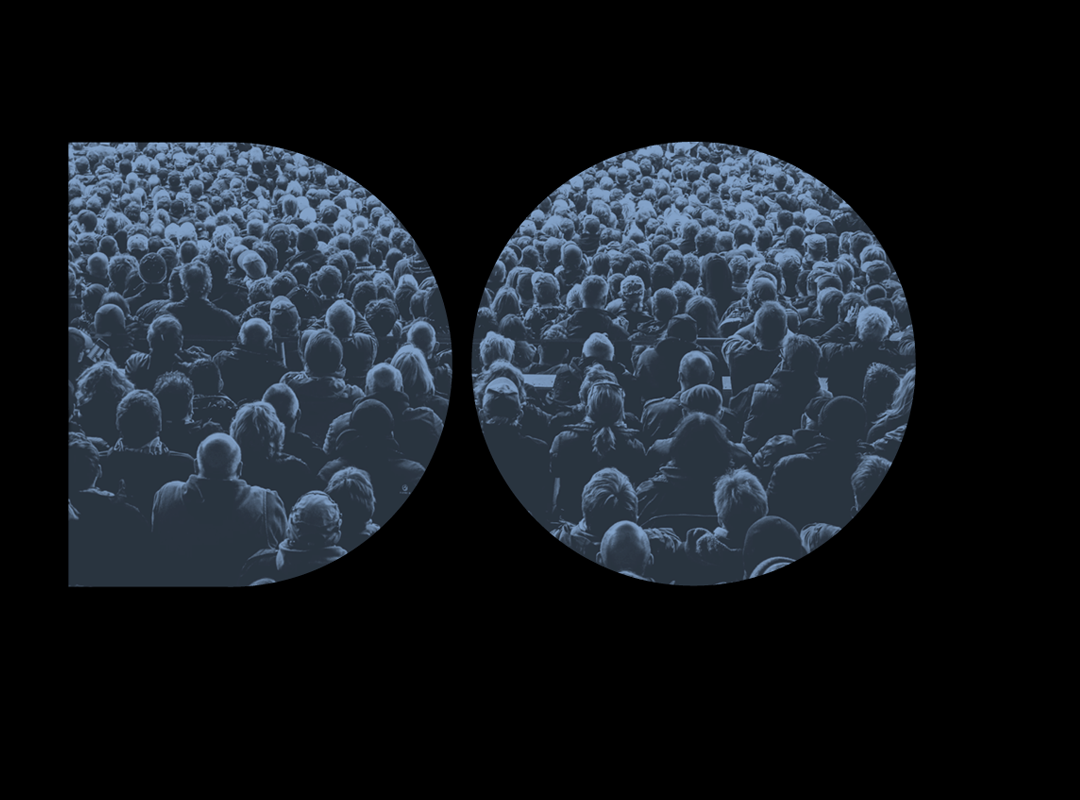
December 9, 2010
Acumen Sexy Sanitation Challenge

Acumen Fund, an organization dedicated to reducing global poverty, finds value in bringing overlooked subjects to light. Recently, it launched The Search for the Obvious by asking for photos of inventions so familiar they’ve fallen into the groove of modern existence. Among the printing presses, smoke alarms, folding chairs and lip balms that flooded the site, Acumen selected the picture of a sewer. “Okay, now you’re ready for a real challenge,” its website invited: “Sanitation is sexy. Make it obvious.”
“We had a hunch that the creative community was becoming more and more interested in our work,” said James Wu, business development associate at Acumen, which invests in social entrepreneurship in needy regions. Among the ventures it supports is Ecotact, a provider of sanitation services to low-income communities in Kenya.
Sixty participants responded to the challenge with videos, posters, public campaigns, and literary essays thronged with frank words and images. “A child’s future should not be flushed away,” declares the animated hand-drawn lettering in “Sh*t Talks. Talk Back,” a film by the Miami Ad School students Ashleigh Graber and Kenan Reel that won the competition’s video category.
“More People Die as a Result of Poor Sanitation Than Road Accidents Each Year,” states Kofi Opoku’s Saul Bass–inspired winning poster.

“The past 50 years has seen the London of Bleak House reemerge in the slums of Jakarta,” writes Gene Caine in a lauded essay that extols Dickens for bringing the unsanitary conditions of Victorian England to light in his novels and points out that more people in South Asia today have access to mobile phones than to toilets.

The winners of Acumen’s Sexy Sanitation Challenge were selected by the designer Daniel Burka; writer/producer MacKenzie Fegan (submitter of the original sewer concept); Ecotact founder David Kuria; Steven Johnson, author of Where Good Ideas Come From; and Design Observer’s William Drenttel.
Finalists in the video category are “Imagine No Toilets” (Pablo G. Vizcaino, Michael Malz and Sebastian Fernandez), “Sexy Sanitation” (Claire Seringhaus), “It’s Pah-tay Time” (Honeyleen Hodges, Victor Grigas, Aislinn Dewey) and “Toilets Are Forever” (Tina Santiago, Patrick Keenan).
Finalists in the poster category are Ang Wei Li and Louis Csontos.
Finalists in the campaign category are “Be a Potty Mouth” (Loren Osborne, Jasmine Norris) and “Talk About Sh*t” (Alvaro Junquera Saldaña, Abraham Auguste, Victor Serranoa Amador).
Tne finalist in the essay category is “Waste Wars” (Alexis Girard-King, Claire Seringhaus).
All of the winners and finalists are posted here.
The next Search for the Obvious challenge will be announced in mid to late Winter 2011, its subject to be determined, says Wu. Maybe it will be ambulances. Or psychoanalytical couches. Or even credit.
Observed
View all
Observed
By Julie Lasky
Recent Posts
Courtney L. McCluney, PhD|Essays
Rest as reparations: reimagining how we invest in Black women entrepreneurs Food branding without borders: chai, culture, and the politics of packaging Why scaling back on equity is more than risky — it’s economically irresponsible Beauty queenpin: ‘Deli Boys’ makeup head Nesrin Ismail on cosmetics as masks and mirrors
 Julie Lasky is editor of Change Observer. She was previously editor-in-chief of
Julie Lasky is editor of Change Observer. She was previously editor-in-chief of 

